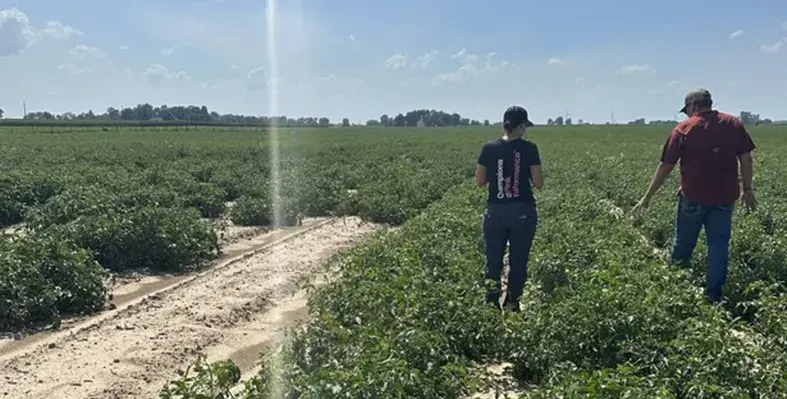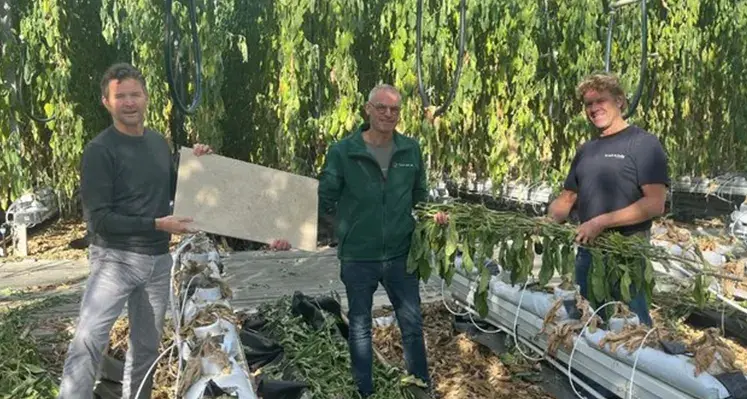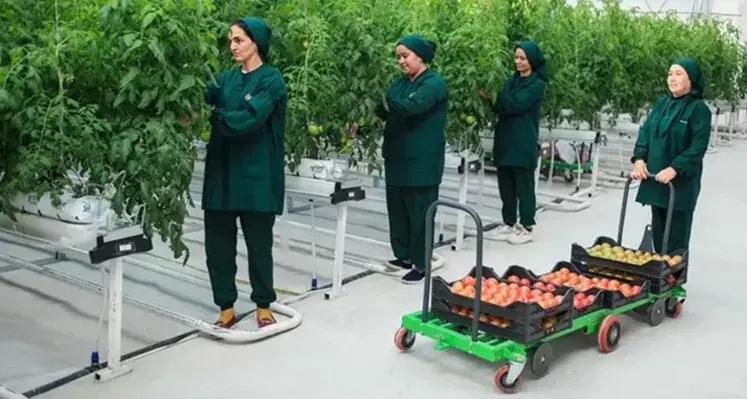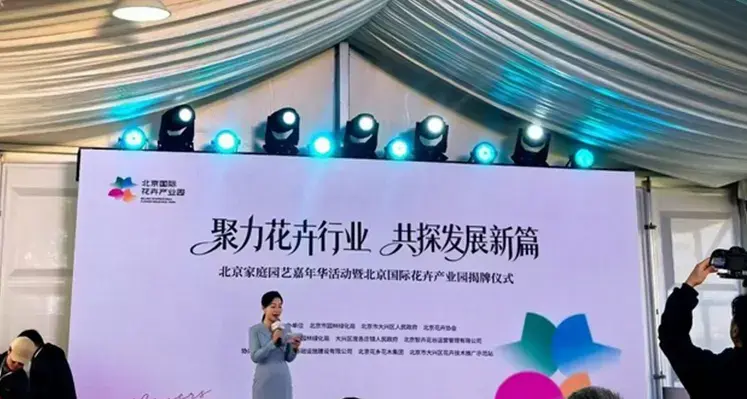Triott Group has announced a major strategic step by bringing all its feed-related businesses together under a single, globally recognised name: Ottevanger.
With immediate effect, Ottevanger, Almex, Inteqnion, IVS Dosing Technology and Pelleting Technology Netherlands (PTN) will operate as one unified brand, reinforcing Ottevanger’s position as a leading global partner to the feed industry.
Based in Moerkapelle, the Netherlands, this consolidation represents a new chapter in Ottevanger’s long-term vision to provide complete, future-ready solutions for feed mills worldwide. By integrating these specialist companies under one name, customers benefit from a single point of contact, enhanced transparency and a more streamlined approach to project delivery and long-term collaboration.
The move also strengthens internal cooperation across disciplines, enabling Ottevanger to design and deliver tailored solutions that respond to the rapidly evolving demands of the global feed sector, including automation, digitalisation and sustainability.
Following the consolidation, Ottevanger now operates through four fully integrated business units, each designed to address both current operational challenges and future industry needs. Ottevanger Milling Engineers focuses on the design and construction of fully automated, turnkey feed mills, including both conventional and modular concepts. Ottevanger Process Solutions delivers high-quality equipment and advanced processes, supporting data-driven, fully automated milling from raw material intake through to packaging.
Meanwhile, Ottevanger Services provides comprehensive support to feed producers, including reliable on-site and remote maintenance, troubleshooting and spare parts supply. Completing the structure, the Ottevanger Development Centre looks to the future by optimising feed mill performance through practical research and development, testing and the creation of sustainable, next-generation solutions.
Commenting on the milestone, Director Ernst Jan Ottevanger said: “For more than a century, Ottevanger has been a family business, built on the finest Dutch quality and craftsmanship. Now we are formally extending our family to welcome these four trusted partners that have already contributed so much to our collective success based on the same shared values.” He added: “This is a significant moment for our company, but more importantly, for our customers worldwide. We are now far better placed to deliver the innovation and lifetime value they need to compete more effectively.”
Ottevanger will continue its close collaboration with Top Silo Constructions (TSC) to deliver advanced feed storage solutions, while TSC remains independent due to its diverse customer portfolio.








